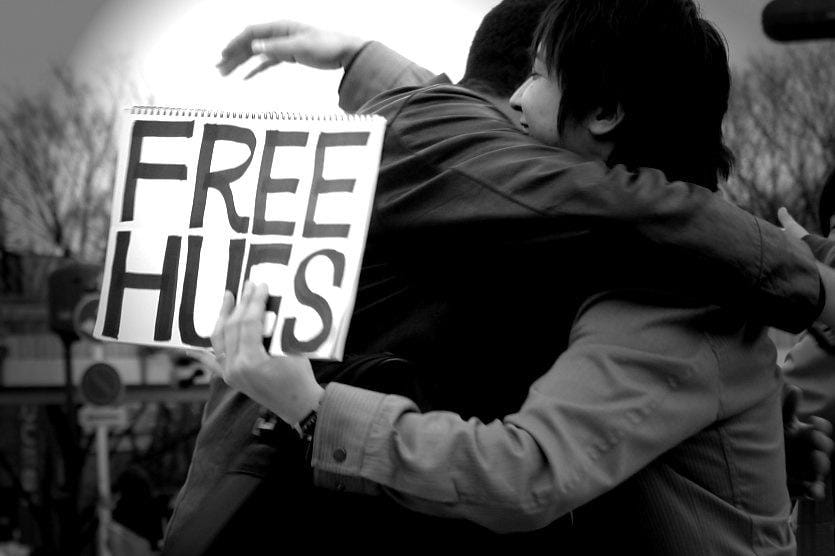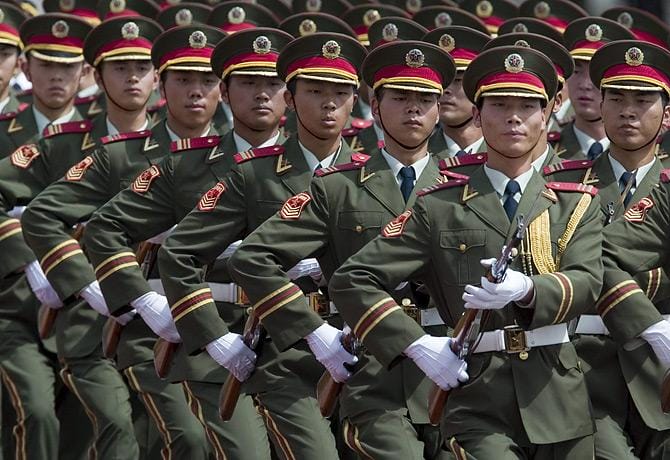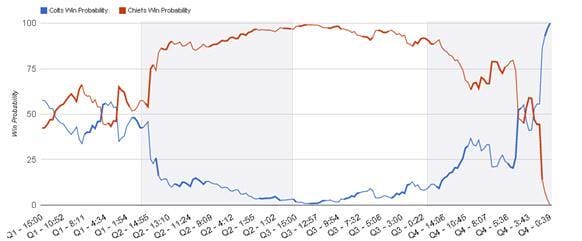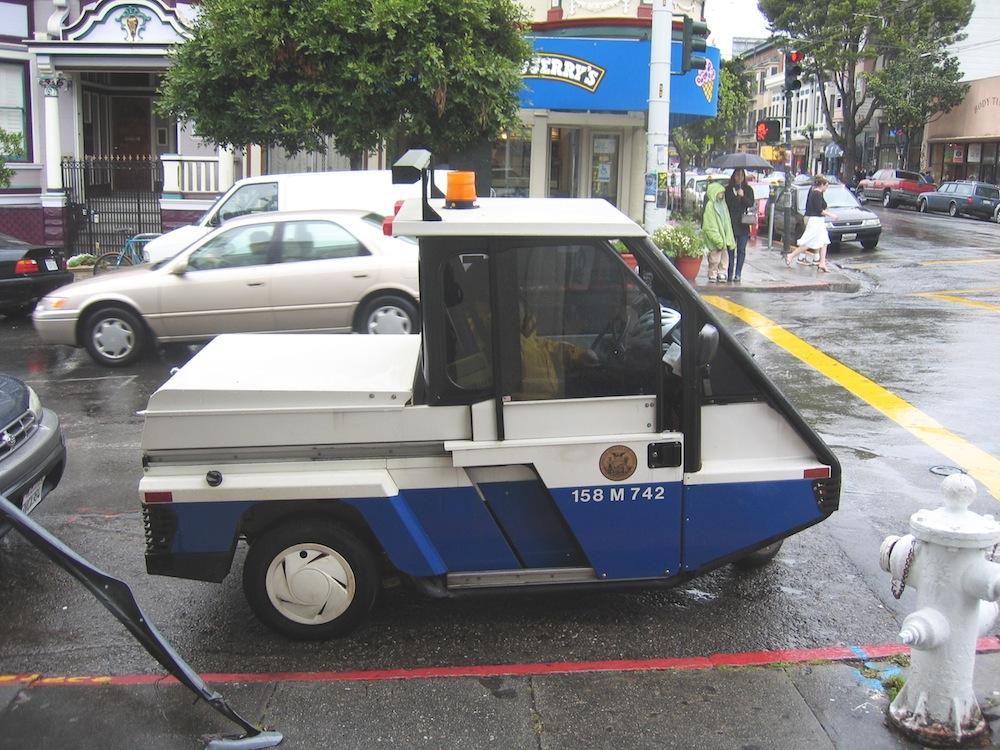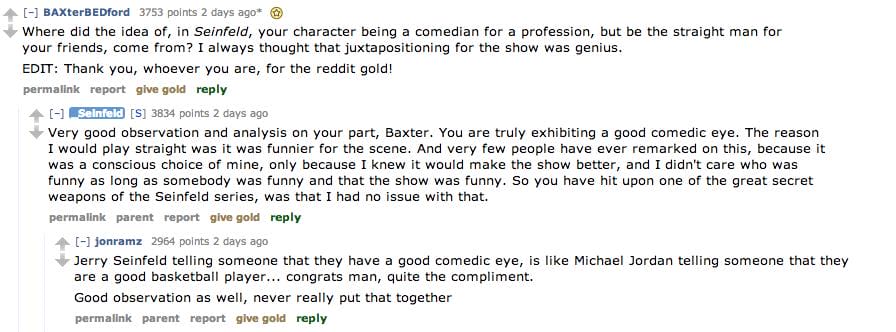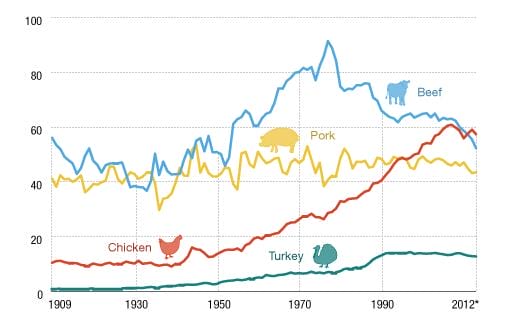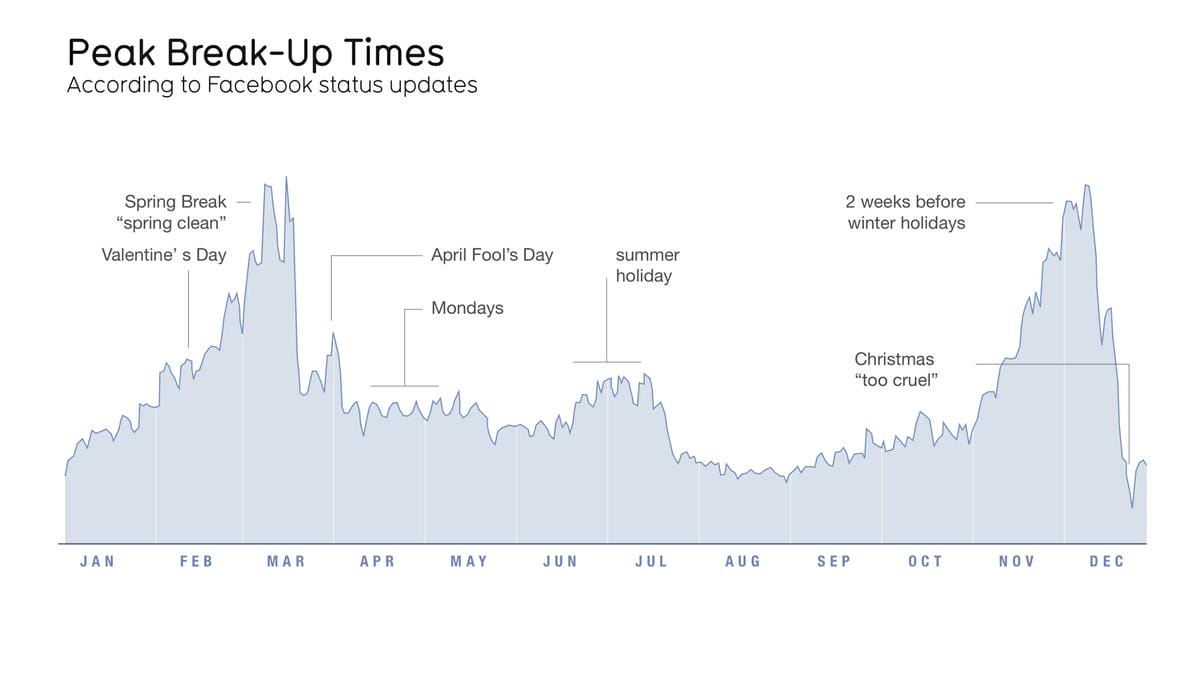ARTICLES
-
From free chocolate to free tattooes, why we love paying nothing.
-
Concentrating giant piles of cash in the hands of a few can have a corrupting influence. Adding guns, tanks, and a monopoly on violence to the mix doesn’t help either.
-
Statisticians have taken 10 years of NFL data to figure out how likely your team is to win based on what's happening during the game.
-
-
Why did Americans start majoring in business during the 1980s?
-
Priceonomics looks at research advocating a gradual weight loss process. Whose resolution is to lose 5 lbs over the next 3 years?
-
Say you had a job with a relatively flexible schedule. What kind of hours would you keep and how would they vary over the years?
-
San Francisco parking tickets are the most expensive in the entire United States. Why?
-
“If I can’t drink my bowl of coffee three times daily, then in my torment, I will shrivel up like a piece of roast goat.” - Johann Sebastian Bach
-
In just a few generations, the way parents feed infants switched from breast milk to commercial products, and then back.
-
-
-
Why are your friends always sharing the same damn video on Facebook as if they were the first ones to discover it?
-
The economics of being a street performer in San Francisco.
-
Do you have to be a genius to win on Jeopardy? It probably doesn't hurt, but you can prepare too.
-
In this Indian exam, there are huge anomalies that indicate score tampering.
-
Will we ever get sick of listening to Billy Joel? The data indicates that we won't.
-
-
-
September is the month for newborns. Which means people are getting it on during the holiday season. However, if you’re looking to raise a soccer superstar, you might consider a different strategy.
-
The productivity of the winners of the prestigious Fields Medal in mathematics declines after receiving the award. That may not be a bad thing.
-
-
Did you think America was the land of the medium-rare steak? If it ever was, it isn’t anymore.
-
When couples break up -- as revealed by Facebook.
-
Although it is easier and cheaper than ever to share information, 80% of scientific data is lost within two decades. And a large chunk of the historical record is never published in the first place.




